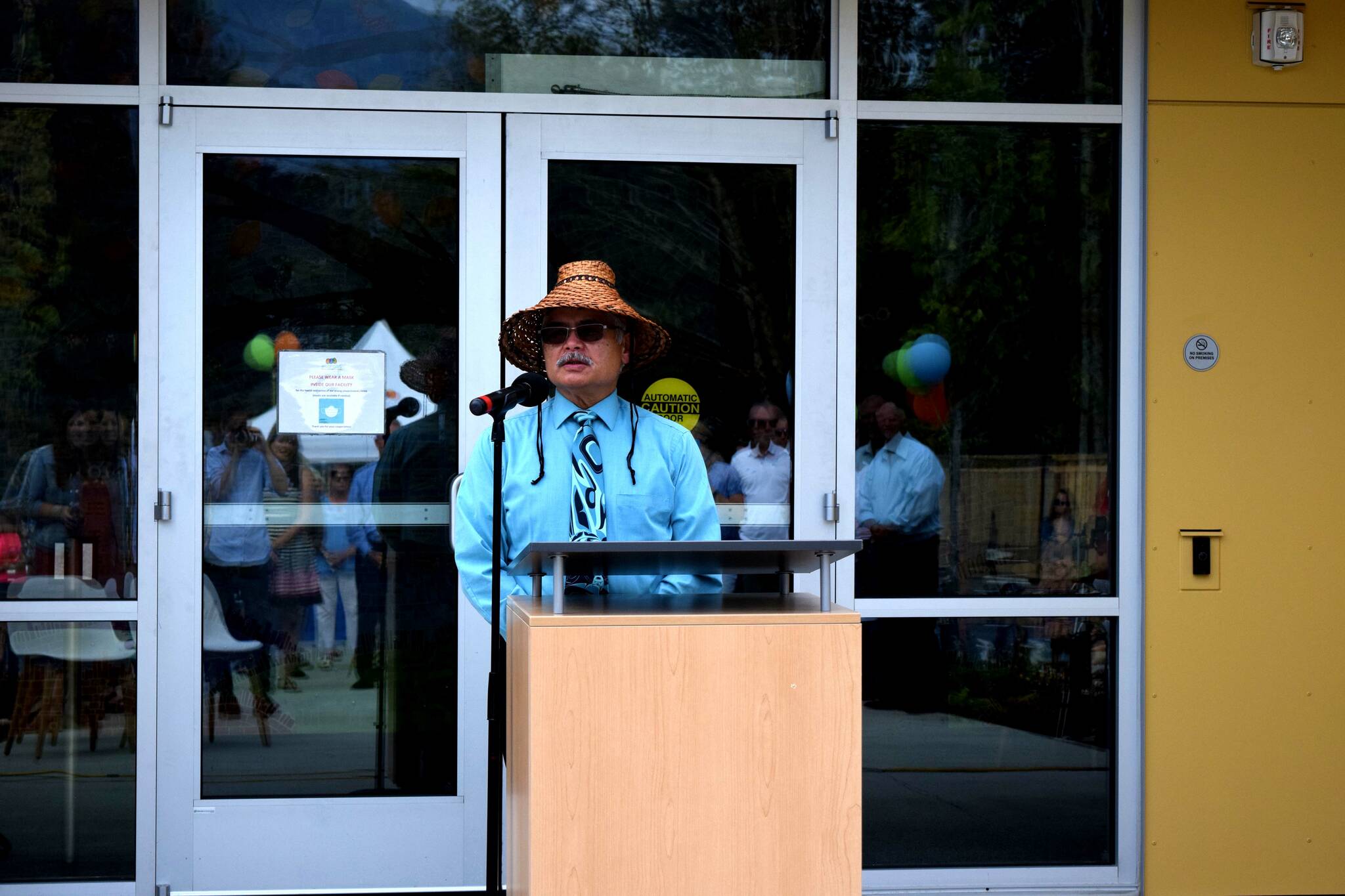Ownership of land located in the Snoqualmie Valley area has been returned to the Snoqualmie Tribe.
On Wednesday, the Tribe announced that it has closed a land donation deal with Seattle Audubon, a century-old conservation nonprofit focused on birds. The deal returns an approximately 10-acre parcel, that is part of the Tribe’s ancestral lands, back to Snoqualmie ownership. The property’s exact location was not disclosed.
The land has remained undeveloped under the nonprofit and will remain that way, tribal officials said.
“It means so much to the Tribe for Seattle Audubon to partner with us in this way,” Snoqualmie Tribal Chairman Robert de los Angeles said in a statement.
According to the Tribe, the donated land includes many traditional food and medicinal plants that the Tribe will continue to harvest and care for. Those resources have been significantly impacted by growth in the Puget Sound region, and been difficult to find in accessible areas, the Tribe said.
“There are few gifts more sacred and meaningful than returning ancestral lands to a Native American Tribe that has loved and stewarded it since time immemorial,” de los Angeles said. “With this beautiful gesture, Seattle Audubon has touched my heart and earned the gratitude and appreciation of the Snoqualmie People.”
The donation comes a little less than a year after the Tribe acquired roughly 12,000 acres of its ancestral forestlands near the Tolt Watershed. The Tribe also acquired land near Snoqualmie Falls in a 2019 purchase of the Salish Lodge and Spa.
The recent gains in land ownership mark significant achievements for the Tribe, who went over a century without owning land or having a reservation promised to them by the U.S. Government in an 1855 treaty. It was not until 1999, after its lost federal recognition status had been restored, that the Tribe was able to purchase land for its current reservation.
Seattle Audubon Executive Director Claire Catania said the nonprofit had been given the 10-acre parcel originally to preserve its biodiversity. She said that no one is better suited to perform that task than the Snoqualmie Tribe.
“White-led conservation organizations like ours have a long history of Indigenous erasure and taking for granted the Indigenous stewardship of our shared lands and waters,” Catania said in a statement.
“Returning this land to the Tribe is one small way that our organization can begin to right past wrongs and ensure the best possible future for the plants, animals, and people of the Snoqualmie Valley.”



